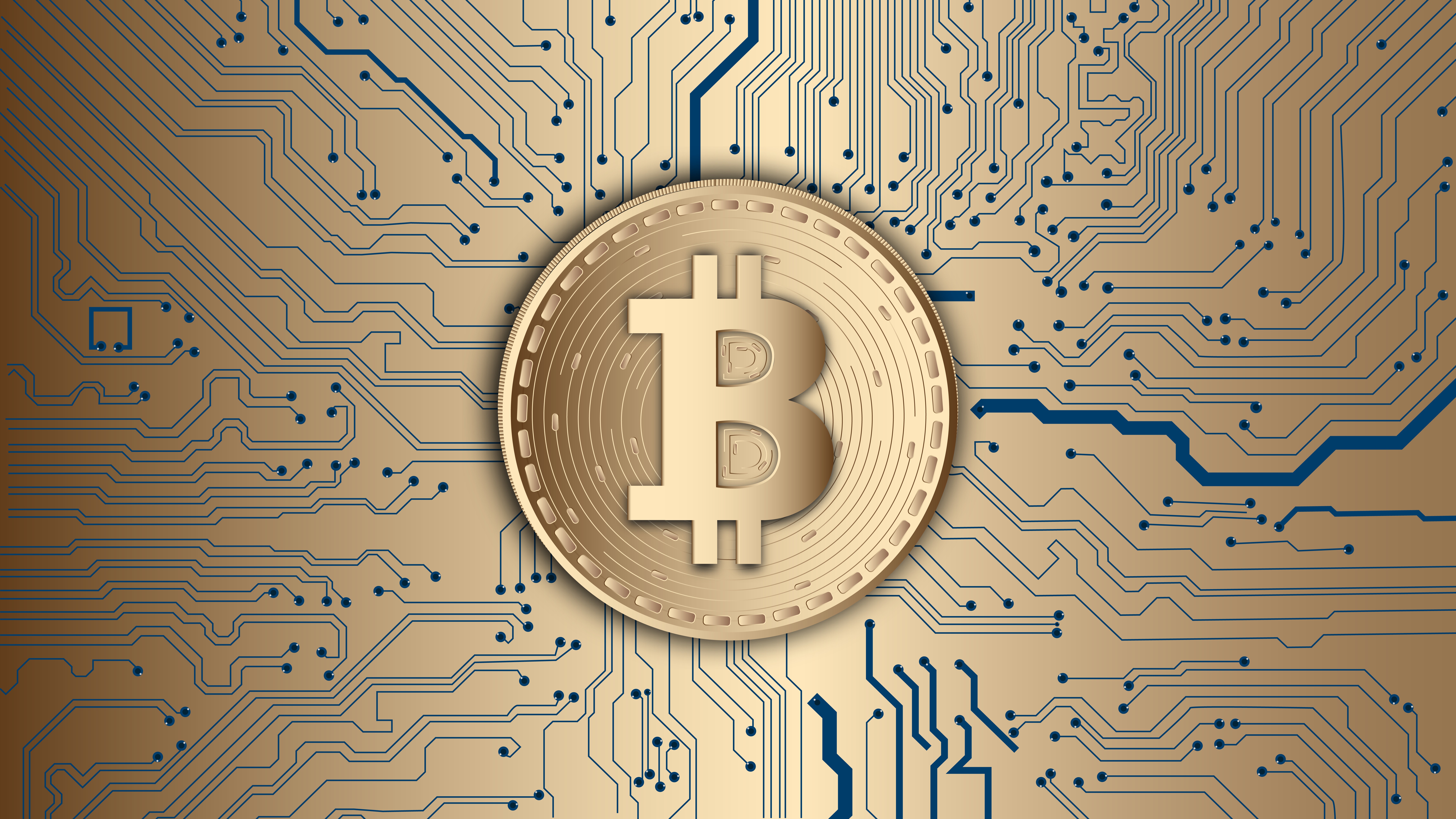Decentralized Exchanges : What It Entails. Part - 02
Assalamualaikum.Hello everyone, how are you all? I am fine.

Decentralized exchanges also known as DEXs are digital marketplaces where assets can be traded directly between users without the need for intermediaries such as traditional exchanges or brokers. Unlike centralized exchanges which are controlled by a central authority and require users to deposit their assets into a centralized wallet DEXs allow users to retain full control over their funds at all times.
Here are some key characteristics of decentralized exchanges:
Peer-to-peer trading: DEXs facilitate direct peer-to-peer trading connecting buyers and sellers directly without the involvement of a middleman. This eliminates the need for users to trust a centralized exchange to custody their funds and execute trades on their behalf.
Non-custodial: In a decentralized exchange users remain in control of their private keys and funds. Transactions occur directly between users' wallets using smart contracts which are self-executing contracts that automatically execute the terms of an agreement. This gives users complete ownership over their assets reducing the risk of hacking or theft associated with centralized exchanges.
Transparency: DEXs operate on public blockchains which means that trading activities order books and transaction histories are visible to everyone. This transparency allows users to verify the fairness and integrity of the trading platform.
Resilience: Unlike centralized exchanges that can experience downtime or be subject to regulatory actions DEXs are decentralized and distributed across multiple nodes. This makes them more resilient to censorship hacking attempts and single points of failure.
Permissionless access: DEXs generally do not require users to provide personal identification information or go through a stringent onboarding process. This makes them accessible to anyone with an internet connection regardless of their geographic location or financial status.
Token compatibility: DEXs typically support the trading of various tokens including cryptocurrencies digital assets and even fungible or non-fungible tokens (NFTs depending on the underlying blockchain technology they are built on.
Automated market-making: Many decentralized exchanges employ the use of automated market-making (AMM) protocols to facilitate liquidity. AMMs rely on smart contracts and algorithmic pricing mechanisms to ensure that buy and sell orders are matched efficiently without the need for traditional order books.
While decentralized exchanges offer several benefits such as increased security privacy and control over funds they are not without limitations. DEXs often face challenges in terms of scalability user experience and liquidity as the lack of centralization may result in lower trading volumes compared to their centralized counterparts.
Nonetheless decentralized exchanges play a vital role in the blockchain ecosystem by promoting and enabling the principles of decentralization self-custody and financial autonomy for users. As the technology evolves and improves it is expected that decentralized exchanges will continue to grow in popularity and contribute to the broader adoption of cryptocurrencies and blockchain technology.